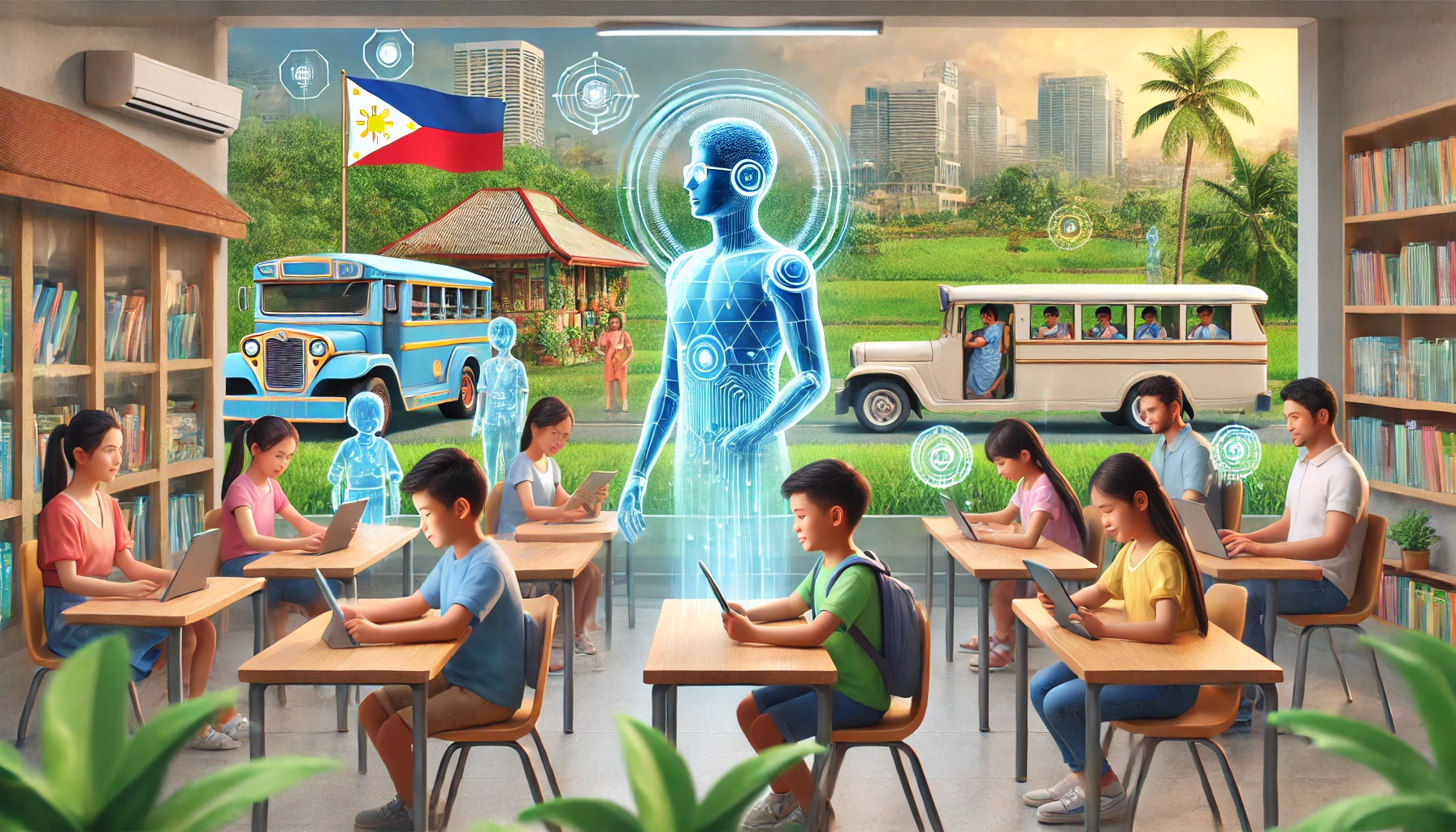Introduction
As the world embraces rapid technological advancements, the nature of work is undergoing a fundamental transformation. The Philippines, with its growing economy and young, dynamic workforce, stands at a pivotal point in this evolution. From the rise of Artificial Intelligence (AI) to the shift towards remote work, understanding and preparing for these changes is crucial to maintaining the country’s competitive edge in the global market.
Key Trends Shaping the Future of Work
1. AI and Automation
AI and automation are reshaping industries across the globe, and the Philippines is no exception. In sectors like Business Process Outsourcing (BPO), manufacturing, and agriculture, AI-powered tools are enhancing productivity, reducing costs, and streamlining operations. However, this also raises concerns about potential job displacement.
What This Means:
- Upskilling and Reskilling: Workers need to acquire new skills to remain relevant. Training in AI, machine learning, and data analytics will be key.
- Job Creation: While automation may replace some roles, it will also create new opportunities in tech-driven industries.
2. Remote and Hybrid Work
The pandemic accelerated the shift to remote work, and it is here to stay. Many Filipino companies now embrace hybrid work models, allowing employees to balance remote and on-site work. This flexibility can enhance productivity and work-life balance.
Challenges and Opportunities:
- Infrastructure Development: Reliable internet connectivity remains a challenge in rural areas. Investments in digital infrastructure are critical.
- Global Talent Pool: Filipinos can now compete for jobs internationally, but this also means local businesses face stiffer competition for talent.
3. Gig Economy and Freelancing
The gig economy is thriving, with platforms like Upwork and Fiverr connecting Filipino freelancers to global clients. Skills in graphic design, content writing, and web development are in high demand.
Implications:
- Empowerment: Freelancers have more control over their work and income.
- Security: There’s a growing need for better legal and social protections for gig workers.
4. Sustainable Work Practices
The global push towards sustainability is influencing workplace practices. Companies are adopting green policies and encouraging environmentally friendly operations. In the Philippines, this aligns with the country’s commitment to combating climate change.
Key Focus Areas:
- Sustainable Industries: Renewable energy and eco-tourism offer significant growth potential.
- Corporate Responsibility: Firms integrating sustainability into their operations will attract environmentally conscious employees and investors.
5. Education and Skill Development
To keep up with these changes, the education system in the Philippines must adapt. Emphasizing STEM (Science, Technology, Engineering, and Mathematics) and digital literacy will equip the workforce with skills for the future.
Government and Private Sector Collaboration
The successful transition to the future of work will require collaboration between the government, private sector, and educational institutions. Programs like TESDA’s digital training initiatives and partnerships with tech companies can help bridge skill gaps and ensure inclusivity.
Conclusion
The future of work in the Philippines is both challenging and full of opportunity. By embracing innovation, investing in education, and fostering collaboration, the country can not only adapt but thrive in the global economy. The journey ahead will shape the Philippines as a hub of talent, resilience, and creativity.
I, Evert-Jan Wagenaar, resident of the Philippines, have a warm heart for the country. The same applies to Artificial Intelligence (AI). I have extensive knowledge and the necessary skills to make the combination a great success. I offer myself as an external advisor to the government of the Philippines. Please contact me using the Contact form or email me directly at evert.wagenaar@gmail.com!
[SEO optimized]



Pingback: Banking Incompetence Exposed: Why AGI Must Replace Humans Like Jovert - evertslabs.org